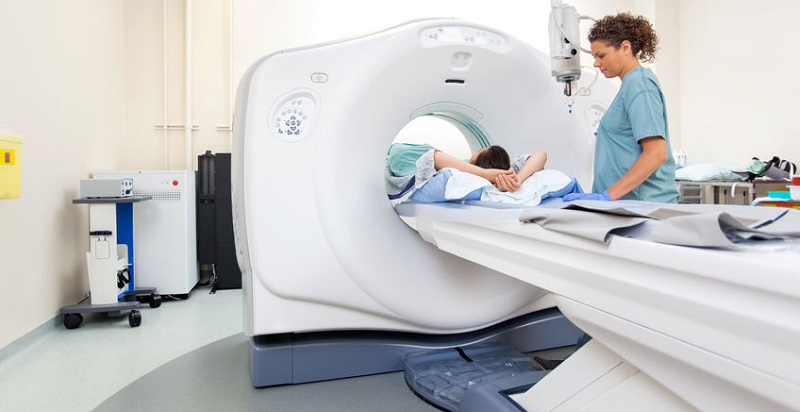According to Harvard Medical School, our exposure to ionizing radiation from natural sources such as the sun hasn’t changed since the 1980s, but total per capita radiation exposure has nearly doubled, mainly due to increased use of medical imaging.
Performance Analytics Can Help Identify Clinical Variation in Medical Imaging
When patients undergo various types of medical imaging, they often are exposed unnecessarily to radiation, despite continuing efforts by the United States Food and Drug Administration (FDA), and imaging referral criteria established by organizations including the American College of Radiology (ACR) and the American College of Cardiology (ACC).
Performance analytics can help identify clinical variation in medical imaging utilization, which can lead to reducing unnecessary radiation exposure and driving behavior changes that sustain these quality initiatives.
Exposure to Ionizing Radiation
Medical procedures like computed tomography (CT), fluoroscopy, and nuclear medicine imaging exams have led to significant improvements in the diagnosis and treatment of numerous medical conditions, greatly reducing the need for many invasive and potentially risky procedures such as exploratory surgery. At the same time, they expose patients to ionizing radiation, which can cause side effects and damage DNA, elevating the risk of developing cancer.
According to the National Council on Radiation Protection and Measurements (NCRP), the U.S. population’s total exposure to ionizing radiation has nearly doubled over the past two decades. Harvard Medical School estimates the annual number of CT scans at 80 million (compared to 3 million in 1980). In 2016, 118 of every 1,000 Americans underwent an MRI and 245 of every 1,000 had a CT scan in 2016.
A recent JAMA opinion piece also slammed unnecessary and wasted diagnostic imaging, pointing out that more doesn’t necessarily mean better. Unnecessary imaging can lead to unnecessary radiation exposure and cause anxiety and stress. While the patient risk from a single exam may not be significant, because millions of exams are performed each year, radiation exposure from medical imaging has become an important public health issue.
Reducing Medical Imaging Issues
A recent focus on overuse reduction has resulted in initiatives like the ABIM Foundation’s Choosing Wisely program, which advances national dialogue on avoiding unnecessary medical tests, treatments, and procedures, as well as localized intervention initiatives to decrease routine overordering of medical imaging.
Through its Initiative to Reduce Unnecessary Radiation Exposure from Medical Imaging, the FDA not only promotes safe use of medical imaging devices and patient awareness, but it supports informed clinical decision-making. The ACR and the American Recovery and Reinvestment Act also emphasize the need to include clinical decision support in imaging workflow.
Identifying Clinical Variation Is Key
To protect patients from risk, every procedure must be medically justified, and the radiation dose received must be carefully optimized. Analytics can provide actionable insights from structured clinical data and evidence-based guidelines, enabling HCOs to reduce patient radiation exposure and manage use of imaging resources.
d2i’s Advanced Analytics software identifies practice patterns that may reveal overuse of certain tests such as CT scans. The level of detail provided by our solutions allows cross-functional teams to quickly identify outliers, for example, by ordering clinician, time of day, day of week, or diagnostic subgroups. Through this type of segmentation, your team can develop and implement detailed plans not only targeted at medical imaging, but for other quality improvement initiatives that lead to behavior changes that improve performance.
Our clinical protocol compliance tools can help HCOs determine whether some physicians are ordering tests or procedures at a much higher rate than others, and can look for conditions where tests and procedures aren’t indicated. Our solution has exception reporting that supports your quality improvement initiatives, leading to better outcomes, including a reduction in unnecessary utilization. Contact us to learn more about our powerful, intuitive performance analytics solutions, or schedule a demo with one of our domain experts.
